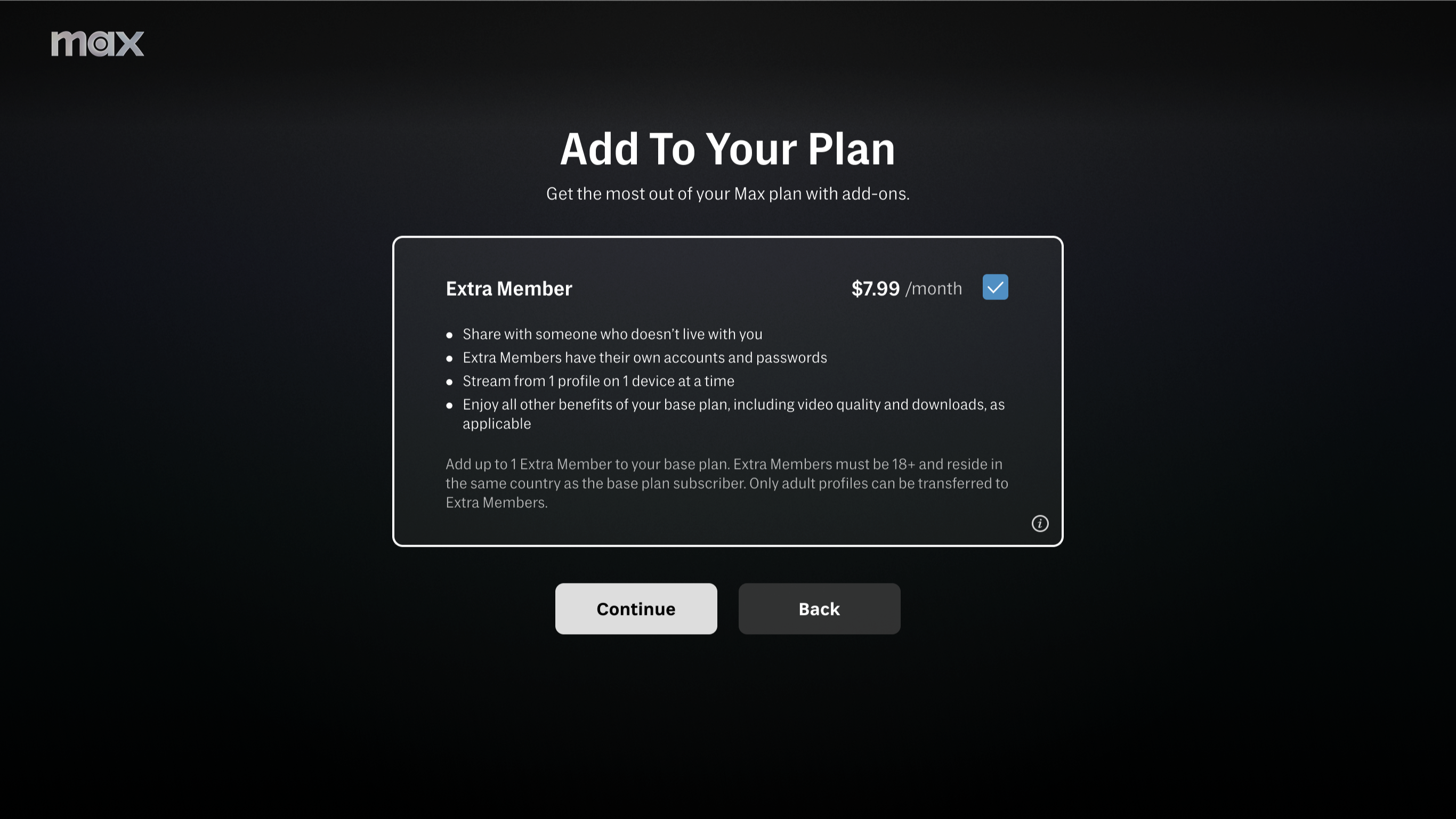LPTV Broadcasters Association Slams “Flawed” Low Power Protection Act
The Association will continue to push for improved Low Power protection legislation but said the version that passed the Senate Commerce Committee fails to protect LPTV Stations

WASHINGTON, D.C.—While the NAB applauded the passage of the Low Power Protection Act by the Senate Commerce Committee, the LPTV Broadcasters Association has issued a strongly worded statement condemning the current version of the legislation as too flawed and limited to protect low power stations.
Senators backing the current version “collectively sent a message that is loud and clear to local journalism, minorities, culturally diverse, religious, veteran and disabled LPTV station owners that they have no interest whatsoever in protecting independent Low Power Television, only corporate supporters.”
The LPTV Broadcasters Association said it will continue pushing for a version of the act that would actually protect low power stations.
In a March 21 letter to the Senate Commerce Committee, the Association criticized the legislation for severely limiting the number of stations that could apply for Class A status, which would protect their spectrum from interference. The legislation currently would only allow stations in DMAs with fewer than 95,000 homes to apply for Class A status and protections.
“Low Power Protection Act needs to protect all qualified LPTV stations, regardless of geographic location,” the Association said. “The LPTV stations that need protection most are the ones in urban or suburban areas that provide the best “public interest” programming from local, independent journalism to religious and racially/ethnically diverse programming. Rural LPTV stations are generally the least in need of `protection.’”
This would also severely limit the number of stations who could apply, the Association said. Referring just to states with Senators on the Senate Commerce Committee, the Association estimated that of the 1055 LPTV stations in those states, only 95 would be eligible to apply for Class A status. “15 States out of the 26 States represented by the Committee would see absolutely no protection or benefit from the Act,” the Association said.
The Association also stressed that this would severely limit their access to financing and their ability to improve their operations or upgrade to NextGen TV. “LPTV stations are currently not eligible for SBA or preferred lender financing as they do not consider an LPTV license as collateral whereas they do for “Protected” Class A stations," it noted.
Get the TV Tech Newsletter
The professional video industry's #1 source for news, trends and product and tech information. Sign up below.
“Class A status allows Small Business to invest in their communities and create jobs while addressing diverse, unique programming, be it religious, racial, ethnical diverse, or local community journalism, the Association said. “LPTV stations are operated by a diverse culture including minorities, veterans, and handicapped principals who need Class A protection to protect and ensure the continuation of essential, free over the air, local programming that truly serves the public interest.”
George Winslow is the senior content producer for TV Tech. He has written about the television, media and technology industries for nearly 30 years for such publications as Broadcasting & Cable, Multichannel News and TV Tech. Over the years, he has edited a number of magazines, including Multichannel News International and World Screen, and moderated panels at such major industry events as NAB and MIP TV. He has published two books and dozens of encyclopedia articles on such subjects as the media, New York City history and economics.

